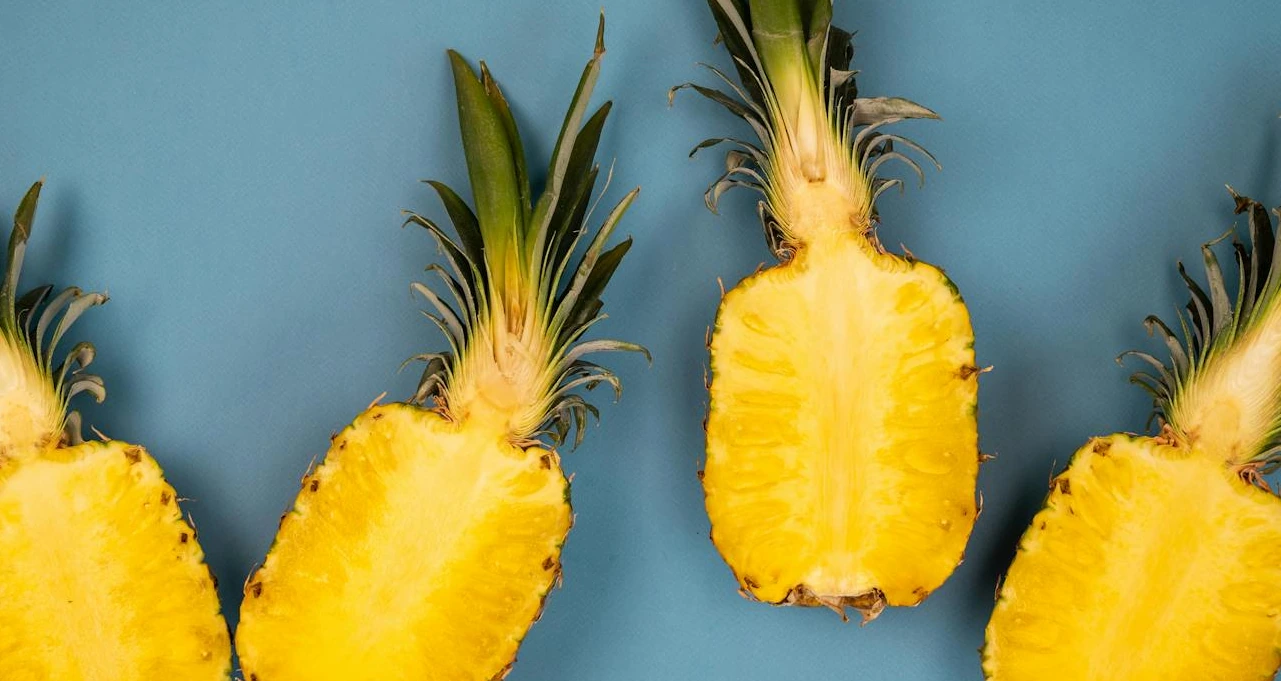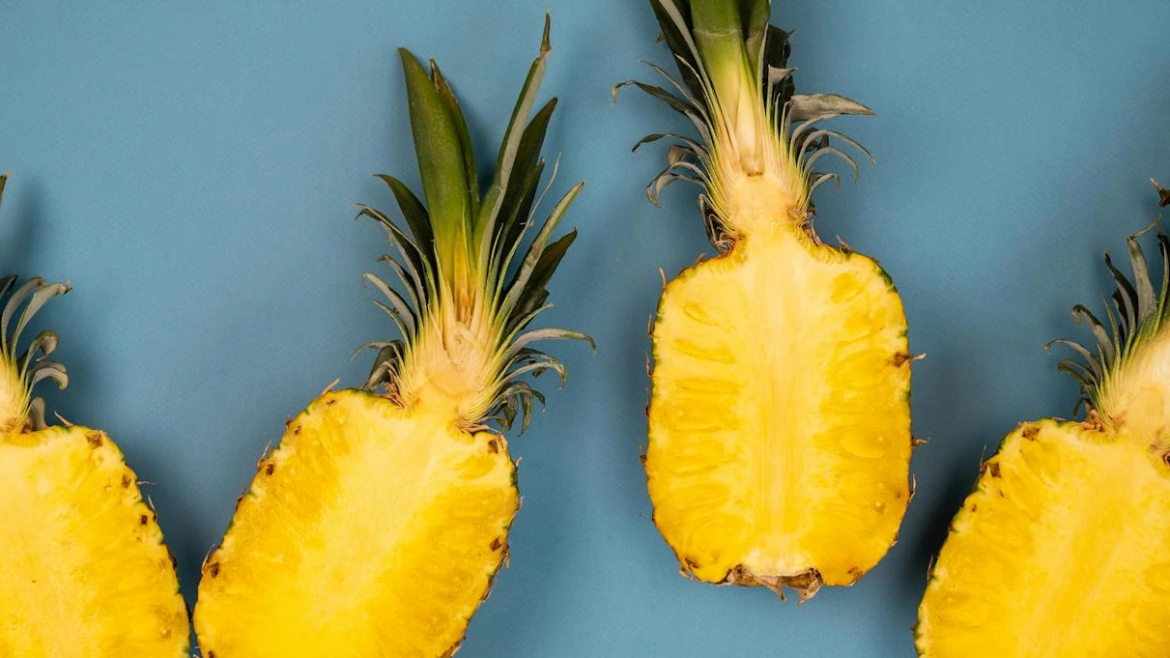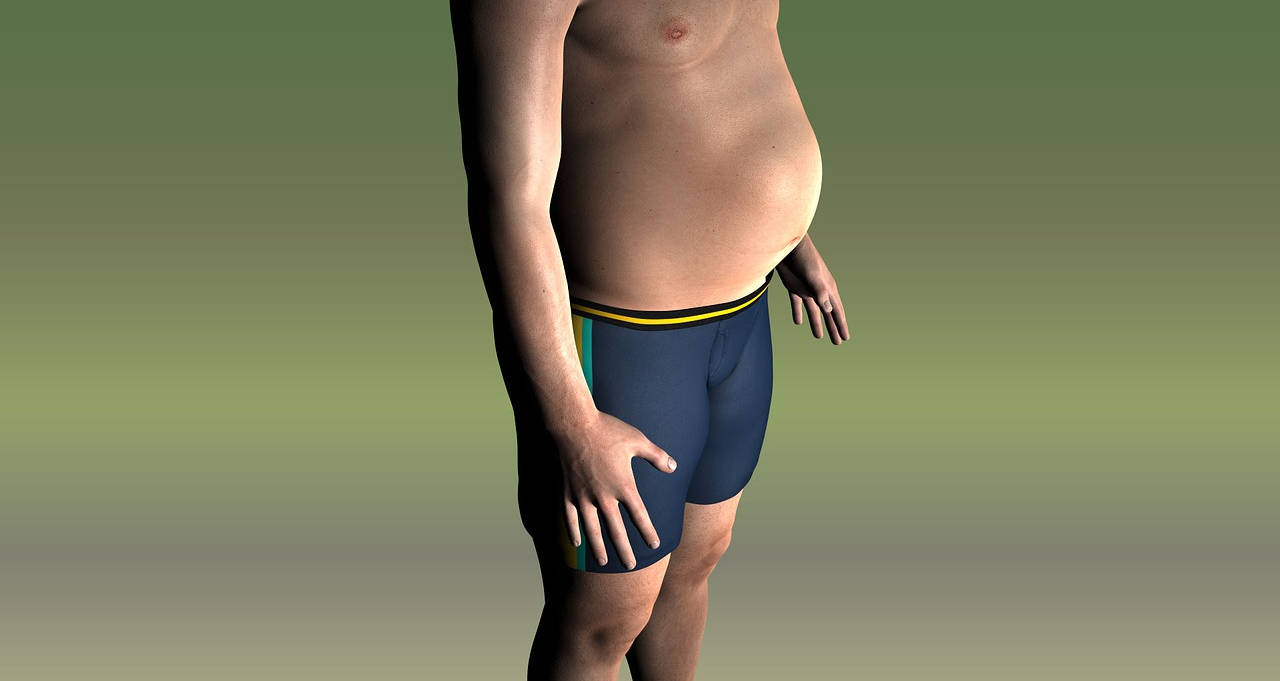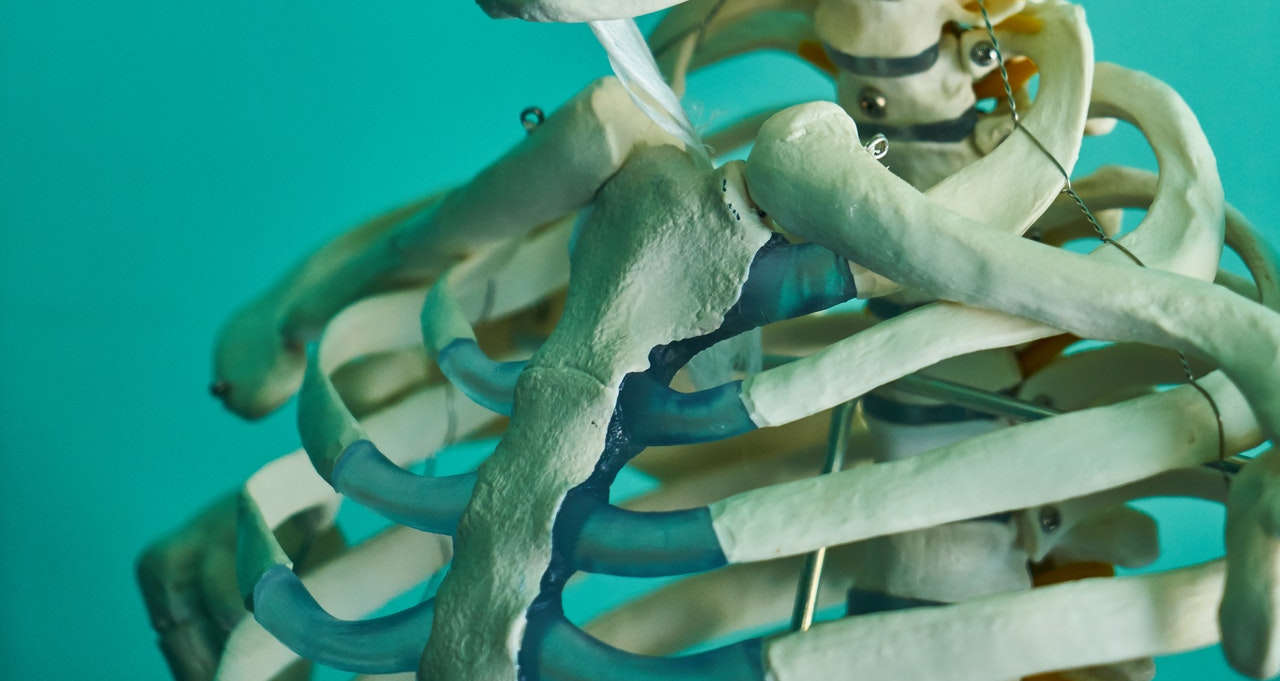What Foods Help with Back Pain?
March marks National Nutrition Month, a time dedicated to promoting the importance of making informed food choices and developing healthy eating habits. As we delve into this month-long celebration of nutrition, it’s essential to recognize the profound impact diet can have on our overall well-being, including addressing common health concerns such as back pain.
Back pain affects millions of people worldwide and can significantly hinder daily activities and quality of life. The World Health Organization found that in 2020, low back pain affected 619 million worldwide. While various factors contribute to back pain, including injuries, poor posture, and sedentary lifestyles, diet plays a crucial role in managing inflammation and supporting musculoskeletal health. As we explore the connection between nutrition and back pain, we’ll uncover a range of foods known for their anti-inflammatory properties, vitamins, and minerals that may offer relief and support in alleviating discomfort.
Foods that May Help with Back Pain
Certain foods can potentially help alleviate back pain through various mechanisms, including reducing inflammation, supporting muscle and bone health, and providing nutrients essential for overall well-being.
Here are some foods and how they may help with back pain:
Fatty Fish (Salmon, Mackerel, Sardines):
Rich in omega-3 fatty acids, which have anti-inflammatory properties. Inflammation is often associated with pain, including back pain. Omega-3 fatty acids may help reduce inflammation in the body, potentially alleviating back pain.
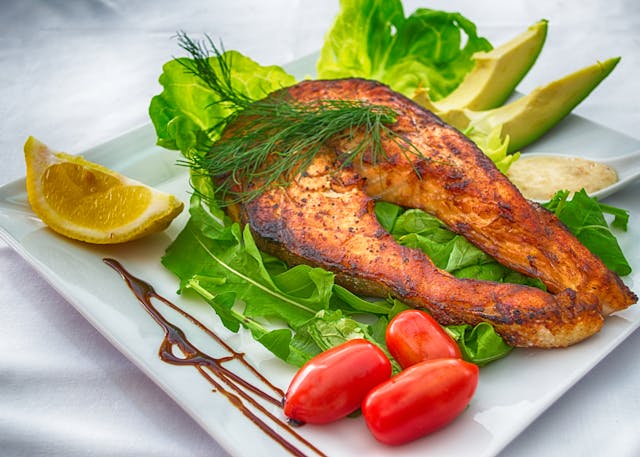
Tart Cherries:
Contain compounds with anti-inflammatory properties, such as anthocyanins and flavonoids. These compounds may help reduce inflammation and oxidative stress, which can contribute to back pain.
Cherries, particularly tart cherry juice, have shown promise in alleviating post-run muscle soreness and joint pain. A study conducted by Oregon Health & Science University involved 54 long-distance runners who consumed tart cherry juice or a placebo leading up to a race. While neither group finished the race without experiencing pain, those who drank cherry juice reported a notably smaller increase in pain during and after the race. Additionally, research published in Osteoarthritis and Cartilage found that cherry juice reduced joint pain in 58 patients with mild to moderate knee osteoarthritis, attributed to its anti-inflammatory properties.
Turmeric:
Contains curcumin, a compound with strong anti-inflammatory and antioxidant properties. Curcumin may help reduce inflammation in the body, which could contribute to alleviating back pain.
Ginger:
Possesses anti-inflammatory properties similar to turmeric. Ginger may help reduce inflammation and pain in conditions such as osteoarthritis, which can affect the spine and contribute to back pain.
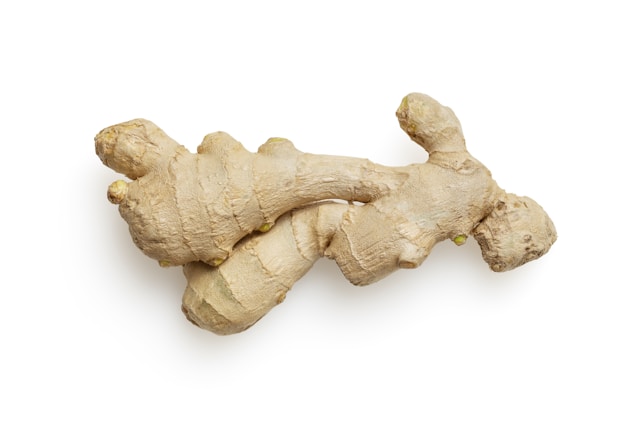
Berries (Blueberries, Strawberries, Raspberries):
Rich in antioxidants, such as anthocyanins and vitamin C, which may help reduce inflammation and oxidative stress in the body. By reducing inflammation, berries could potentially alleviate back pain.
Leafy Greens (Spinach, Kale, Swiss Chard):
High in vitamins and minerals, including calcium and magnesium, which are essential for bone health and muscle function. Strong bones and muscles can support the spine and help prevent or alleviate back pain.
Nuts and Seeds (Almonds, Walnuts, Flaxseeds, Chia Seeds):
Good sources of omega-3 fatty acids and other nutrients that can help reduce inflammation and support overall joint health. Almonds, hazelnuts, peanuts, pecans, pistachios, and walnuts are rich sources of fiber, calcium, magnesium, zinc, Vitamin E, and Omega-3 fats.
Pineapple:
Contains bromelain, an enzyme with anti-inflammatory properties that may help reduce pain and inflammation associated with back pain.
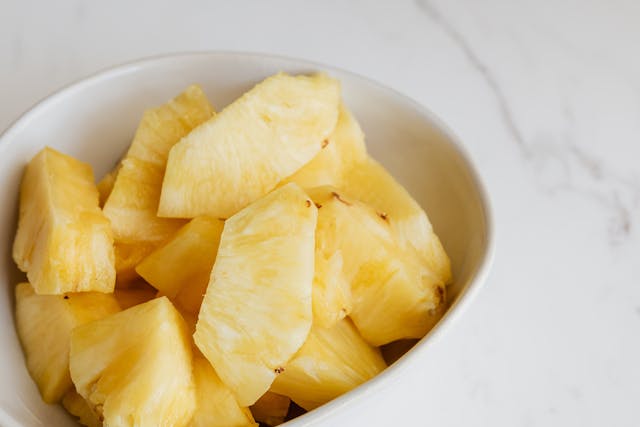
Chiropractic Care in Everett
In closing, while certain foods show promise in alleviating back pain, it’s crucial to remember that chronic or persistent back pain warrants professional evaluation and treatment. While dietary adjustments and nutritional interventions can complement overall back health, they are not standalone solutions for chronic conditions. Therefore, it’s essential to consult with a healthcare professional, such as a chiropractor, for a comprehensive assessment and personalized treatment plan. If you’re in the Snohomish County area, please consider a consultation by a chiropractor at Everett Spine and Rehab to learn more about any chronic back pain you may have.
Sources:
pennmedicine.org
prevention.com
msn.com
pcrm.org
arthritis.org
who.int
openai.com
